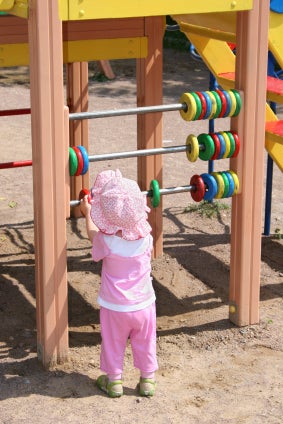
Establishing the Evidence Base

As state and community interest in ECMHC began to grow, a critical question emerged: “Is it effective?” A highly-publicized 2005 study by Yale Child Study Center researcher Walter Gilliam helped shed light on the answer, indicating that access to ECMHC significantly decreases the likelihood of expulsions from preschool programs. Further, researchers at Georgetown University and Portland State University conducted a thorough review and synthesis of the research on ECMHC, concluding that there is a growing body of evidence supporting the efficacy of ECMHC in producing positive outcomes for children, families, and ECE providers and programs (Brennan at al., 2008, Perry et al., in press). More specifically, the research suggests that consultation is effective in:
- Reducing problematic behavior in young children;
- Increasing young children’s social skills;
- Decreasing expulsions from ECE settings;
- Building behavior and classroom management skills of ECE providers;
- Enhancing parent ability to manage problem behaviors; and
- Reducing turnover in ECE staff.
